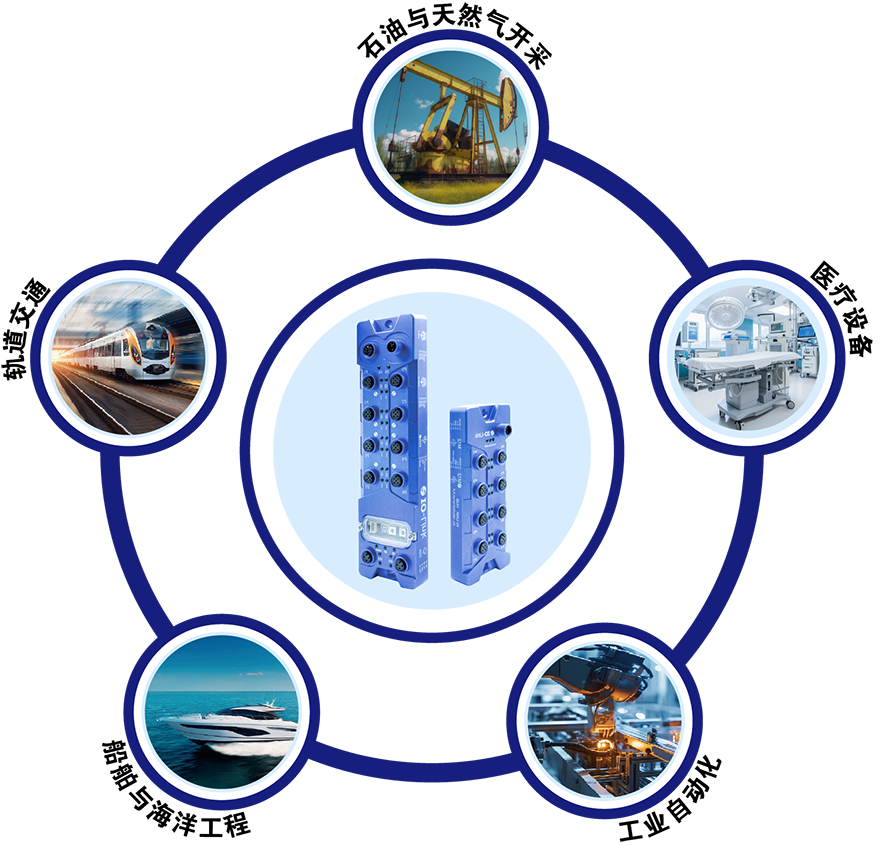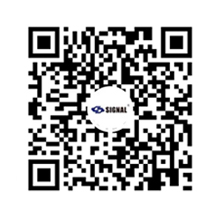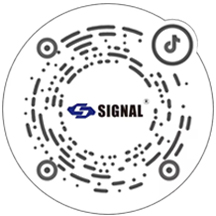IO-Link, an open standard serial communication protocol (IEC 61131-9), has transformed industrial automation by facilitating seamless two-way communication between sensors, actuators, and control systems. This technology enhances data exchange and operational efficiency across various industrial applications.
Advantages of IO-Link Technology
1. Enhanced Data Accessibility: IO-Link enables real-time access to sensor and actuator data, providing valuable insights into system performance and facilitating predictive maintenance strategies.
2. Simplified Device Integration: Utilizing standard unshielded cables, IO-Link reduces wiring complexity and streamlines the integration of devices into existing systems, leading to cost savings and easier maintenance.
3. Advanced Diagnostics and Monitoring: The protocol supports comprehensive diagnostics, allowing for real-time monitoring of device status and health, which aids in minimizing downtime and improving overall system reliability.
4. Flexible and Scalable Architecture: IO-Link's point-to-point communication structure allows for easy scalability, accommodating the addition of new devices without significant system overhauls.
5. Cost Efficiency: By reducing the need for complex wiring and enabling predictive maintenance, IO-Link contributes to lower installation and operational costs.

IO-Link Related Products
Application Scenarios of IO-Link
1. Factory Automation: IO-Link facilitates seamless communication between sensors and actuators, enhancing process efficiency and enabling quick adaptation to changing production requirements.
2. Medical Equipment: In medical device manufacturing, IO-Link ensures precise control and monitoring of equipment, contributing to higher product quality and compliance with stringent industry standards.
3. Oil and Gas Exploration: The technology enables robust data transmission in harsh environments, allowing for real-time monitoring and control of exploration equipment, thus improving safety and operational efficiency.
4. Transportation Systems: IO-Link supports the integration of various sensors and control devices in transportation infrastructure, enhancing monitoring capabilities and system responsiveness.
At Shenzhen SIGNAL, we offer a comprehensive range of IO-Link compatible connectors and solutions tailored to meet diverse industrial applications. Our products are designed to enhance connectivity and performance in your automation systems. For more information or to discuss your specific requirements, please contact our sales team at <sales@sz-signal.com>.






